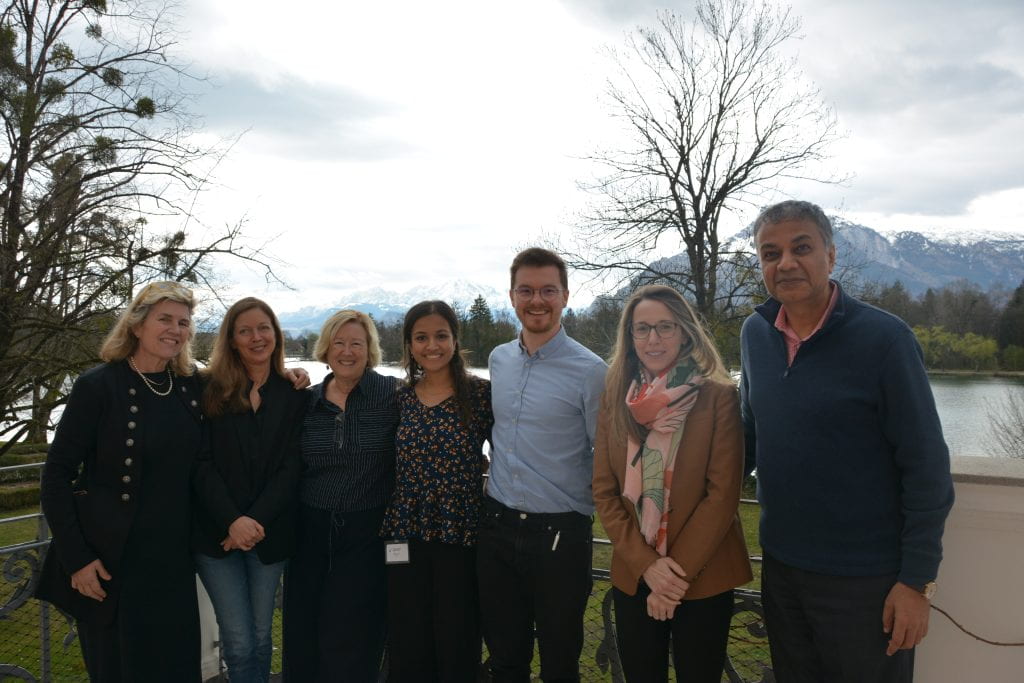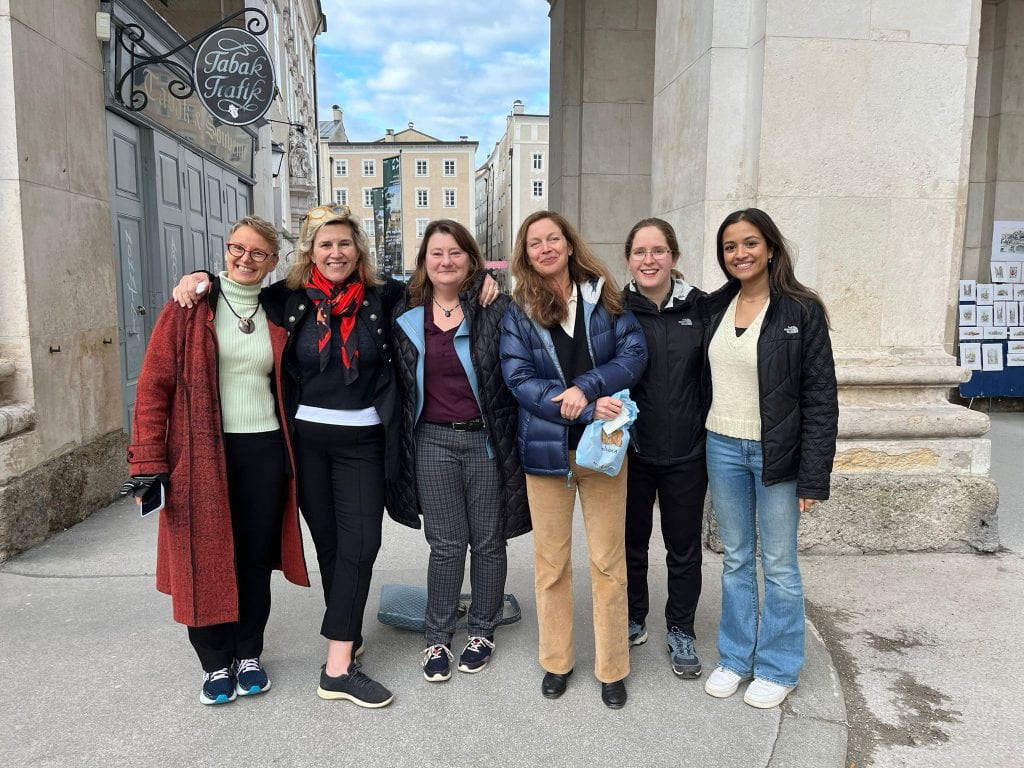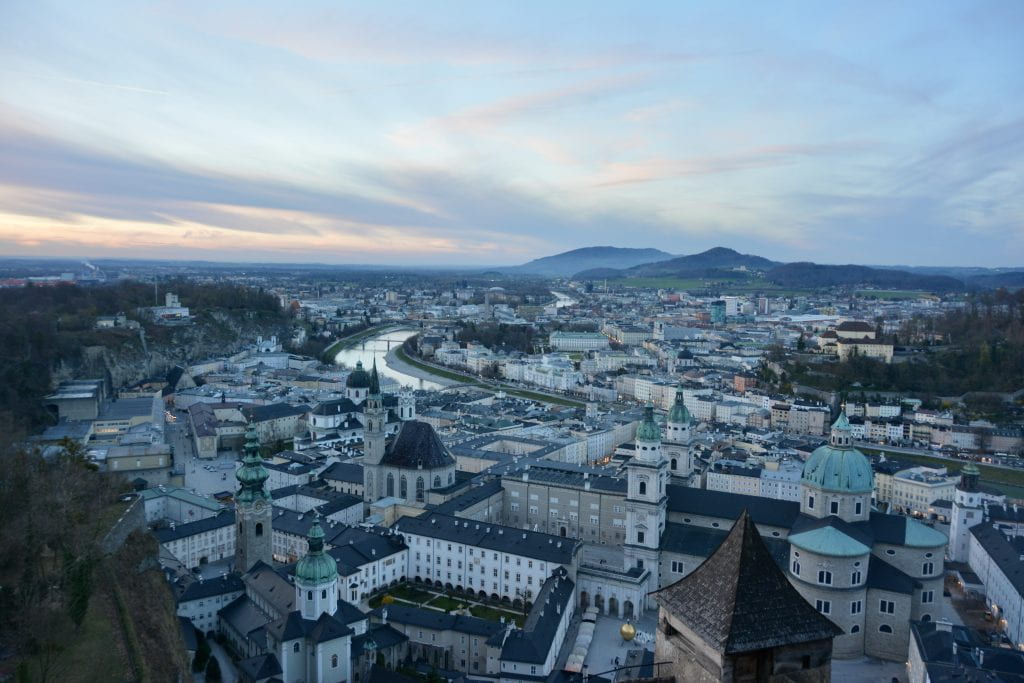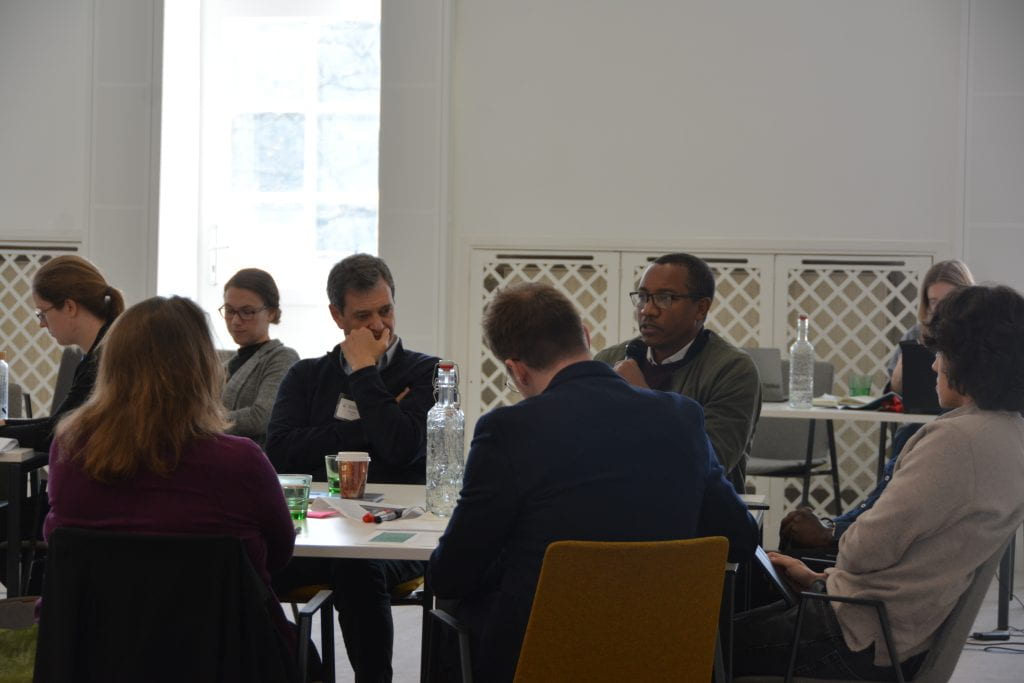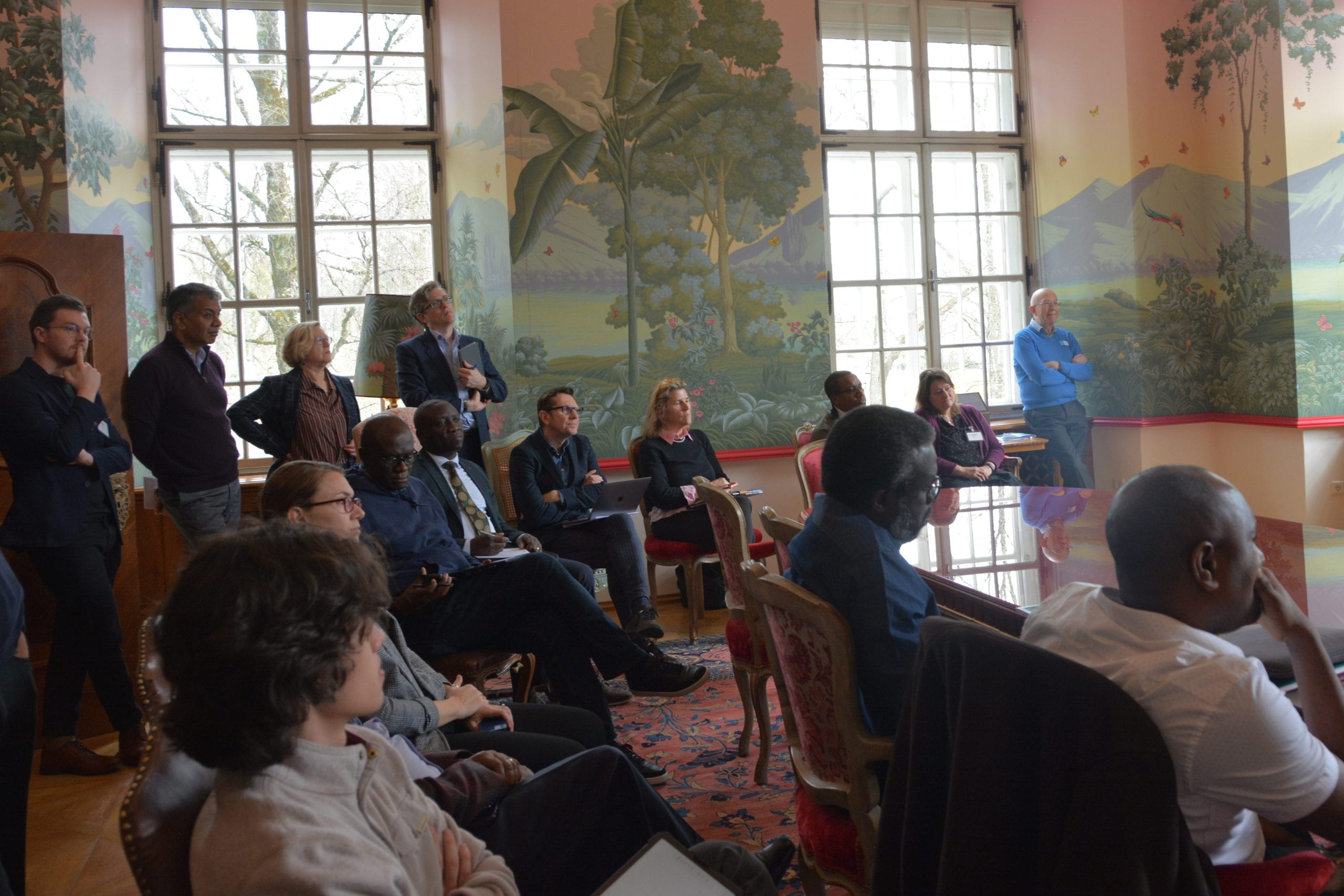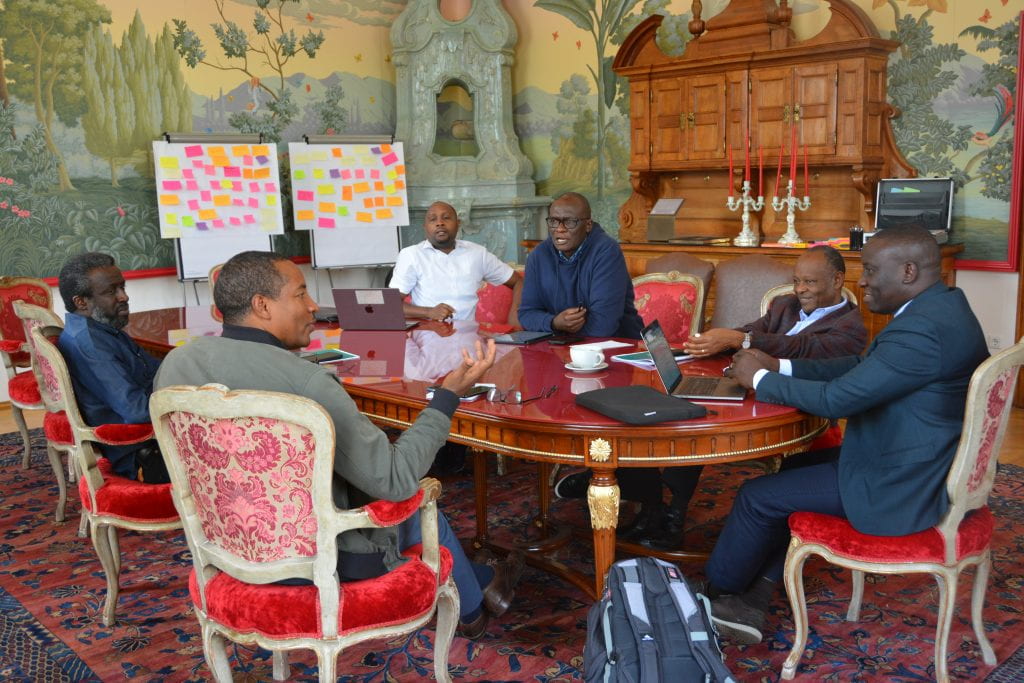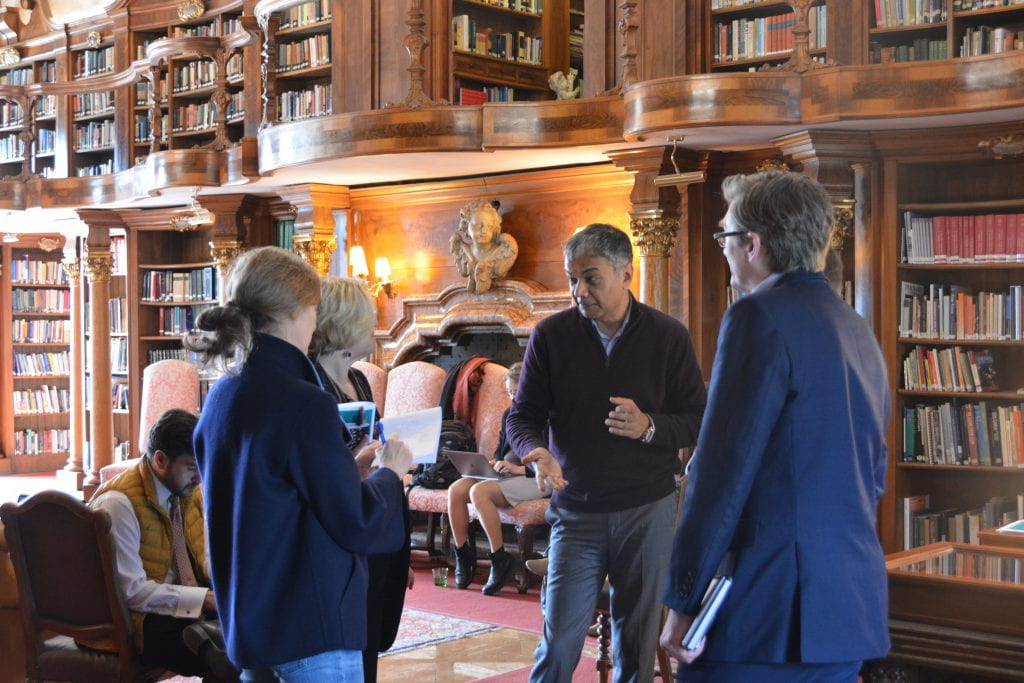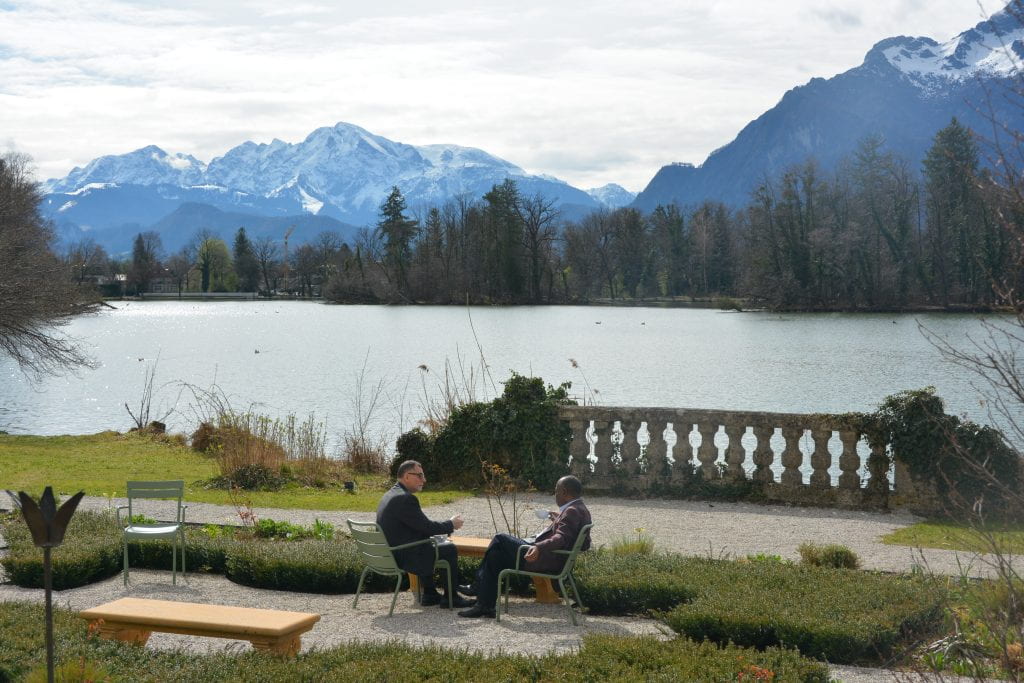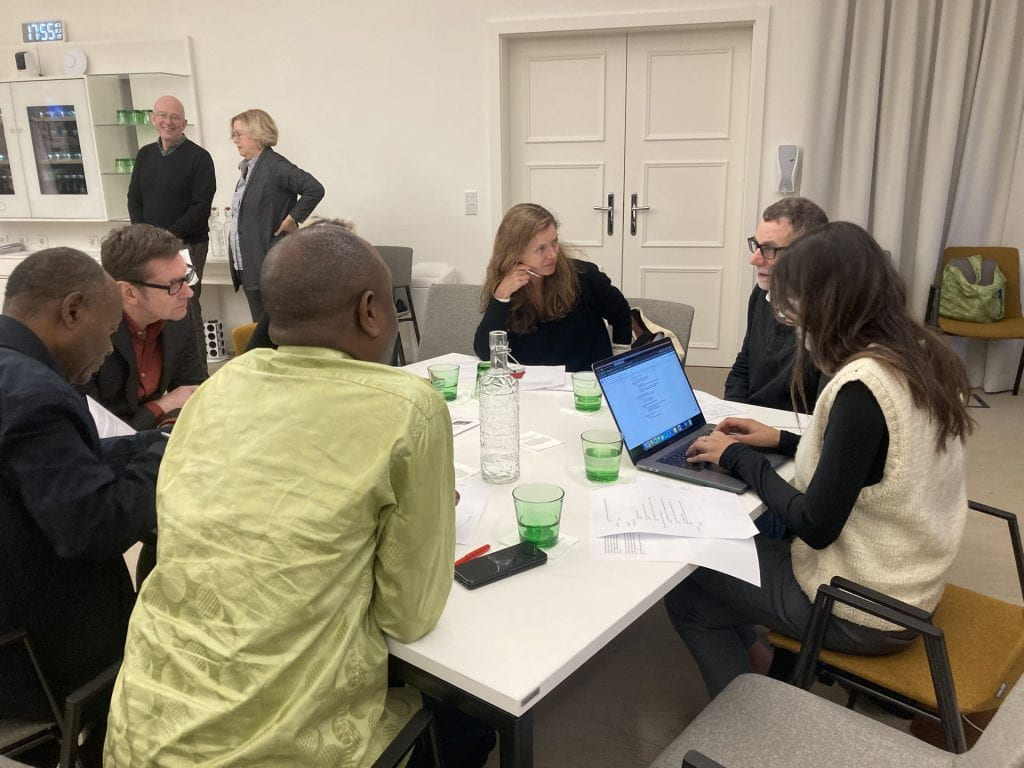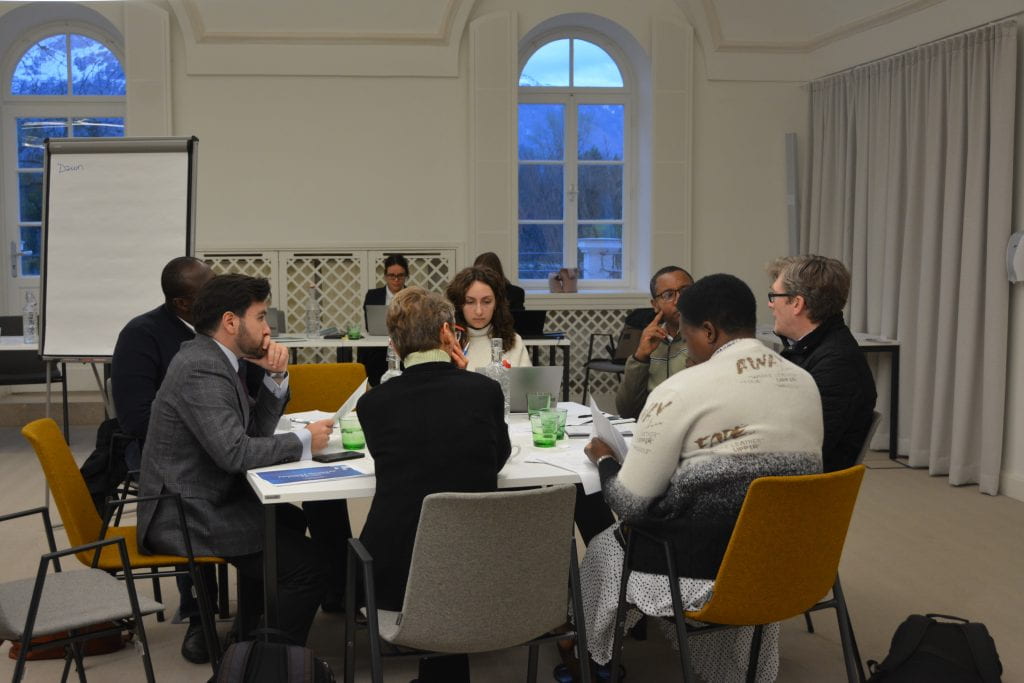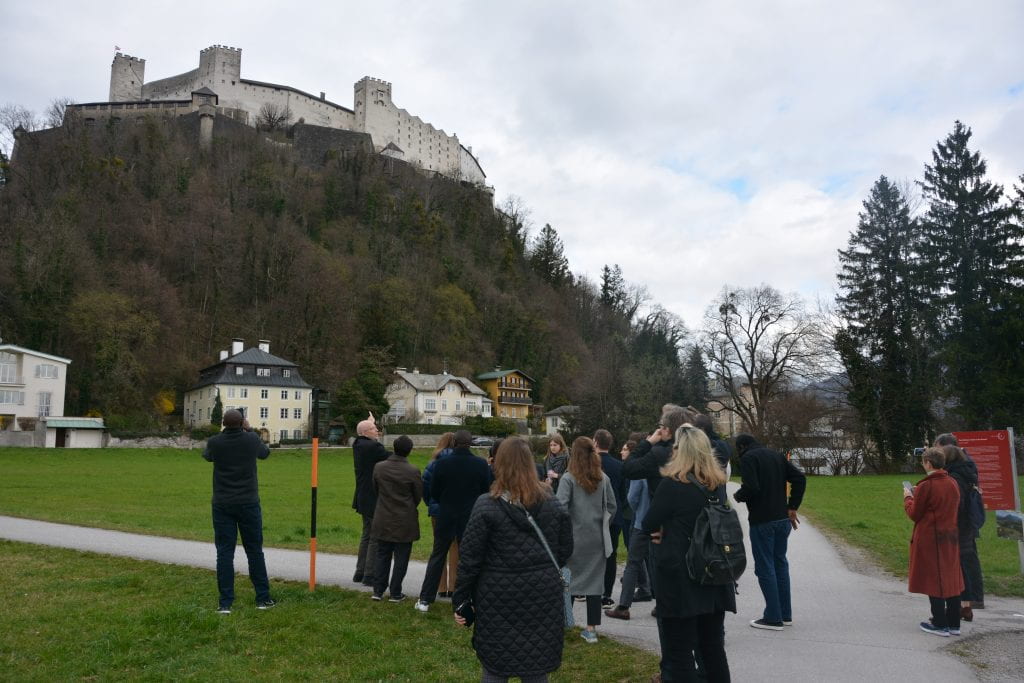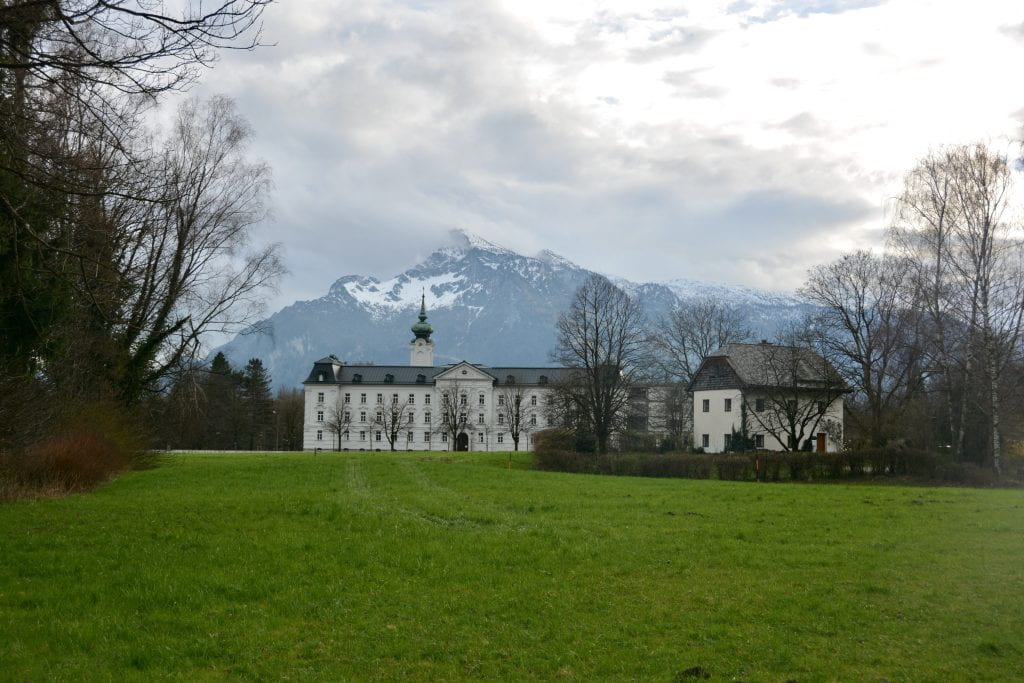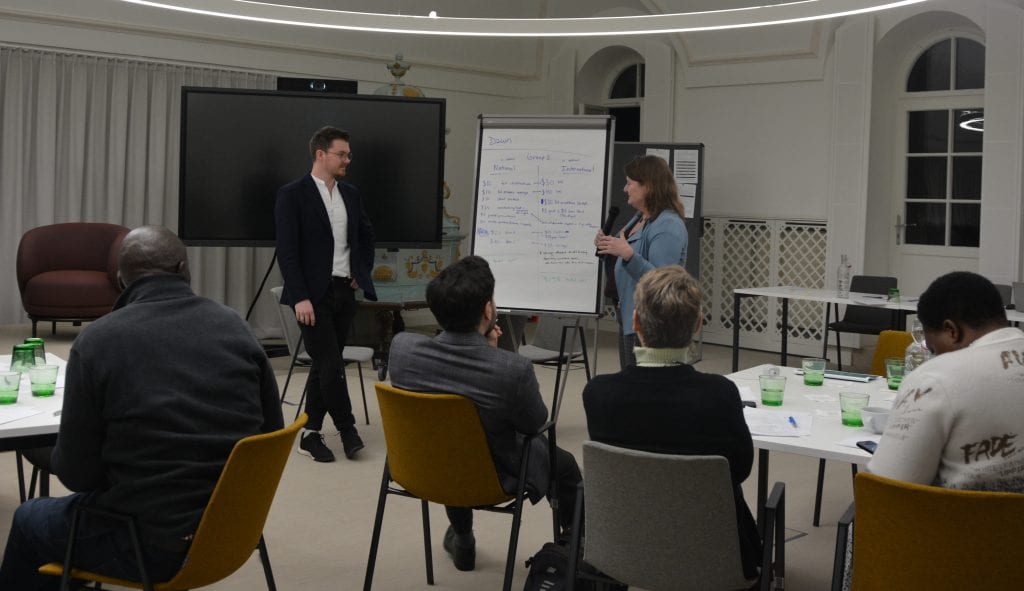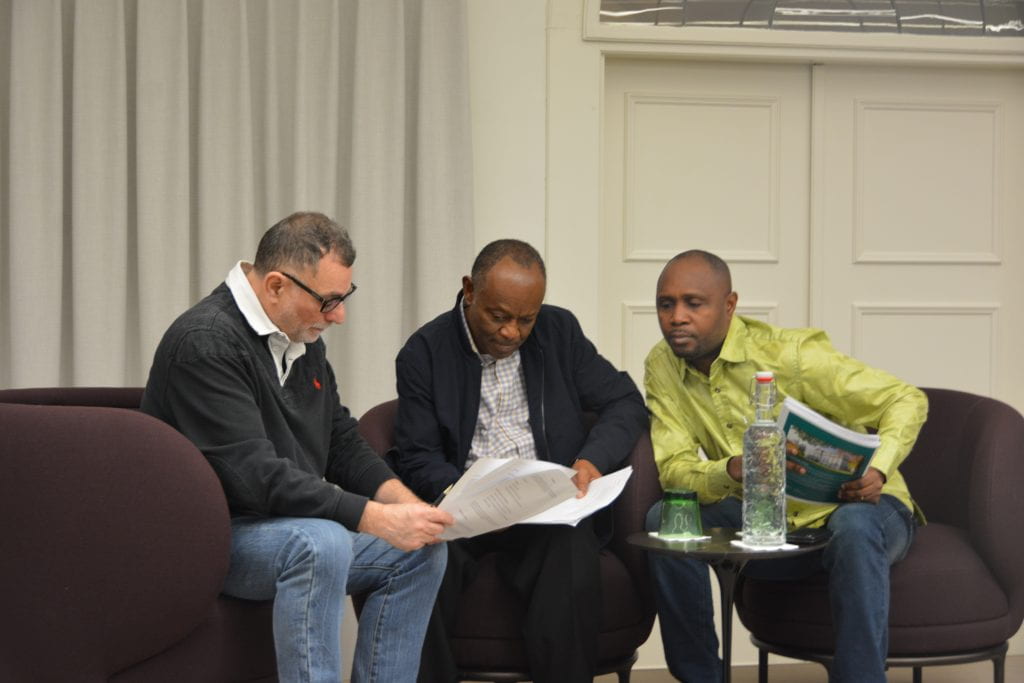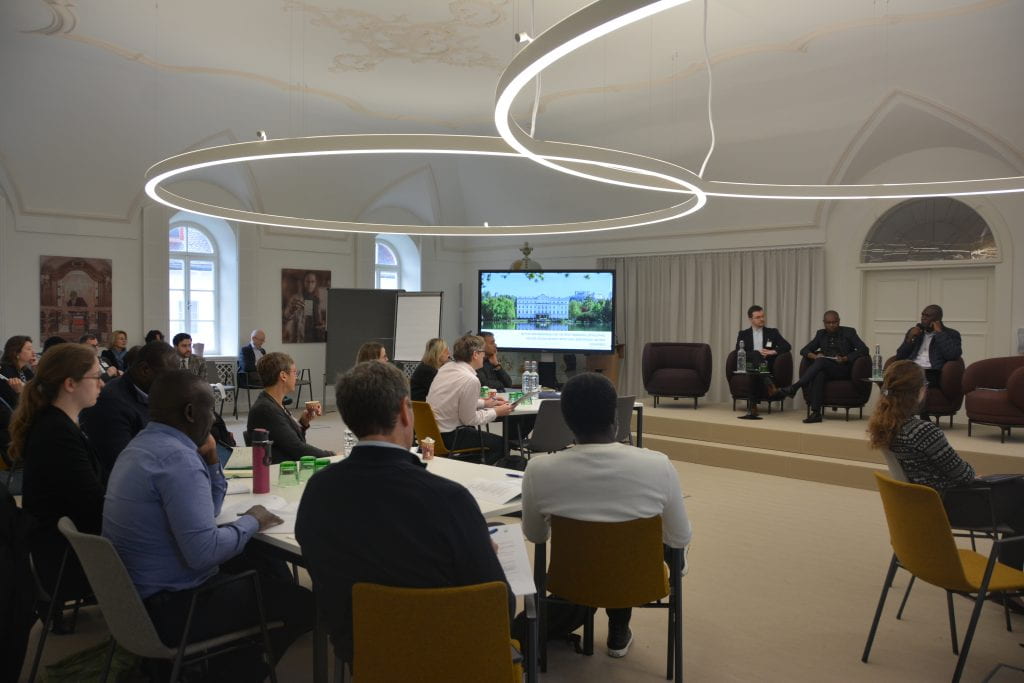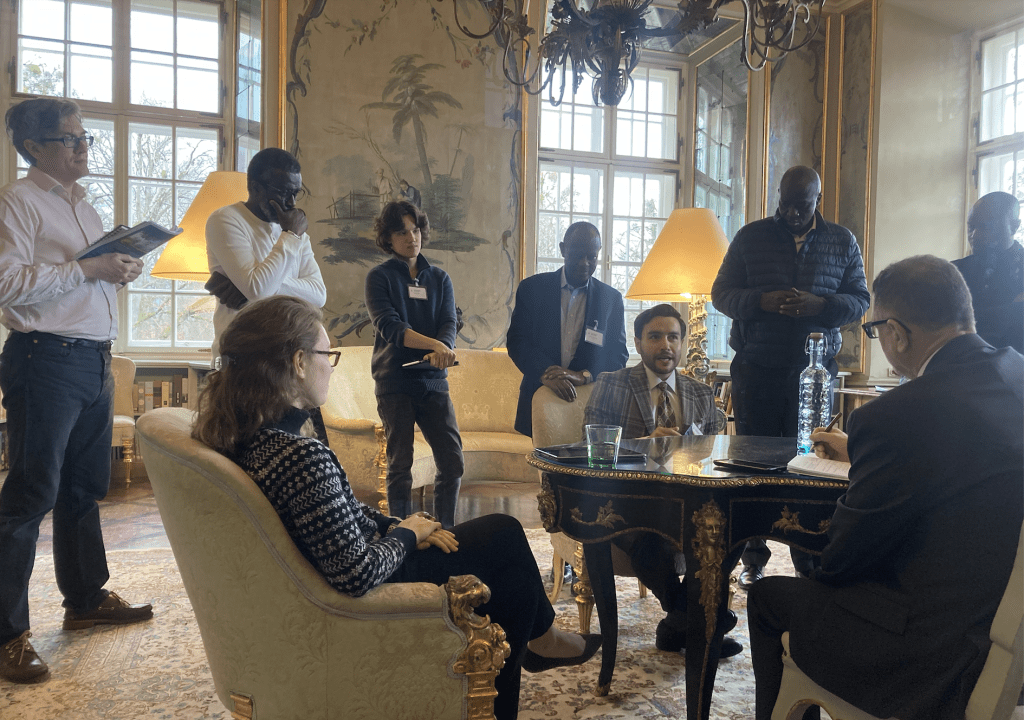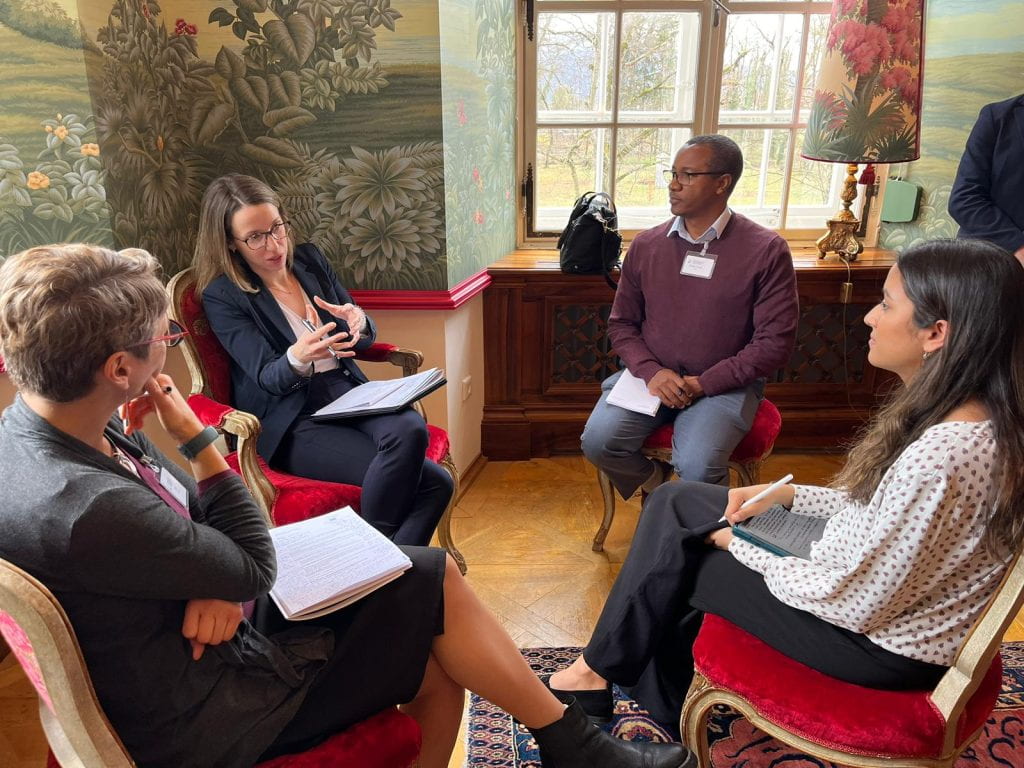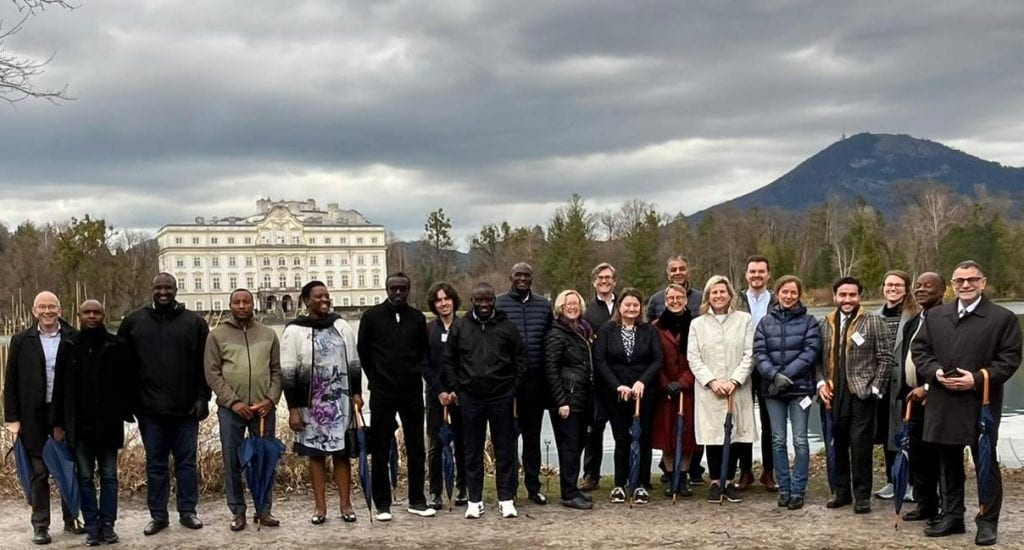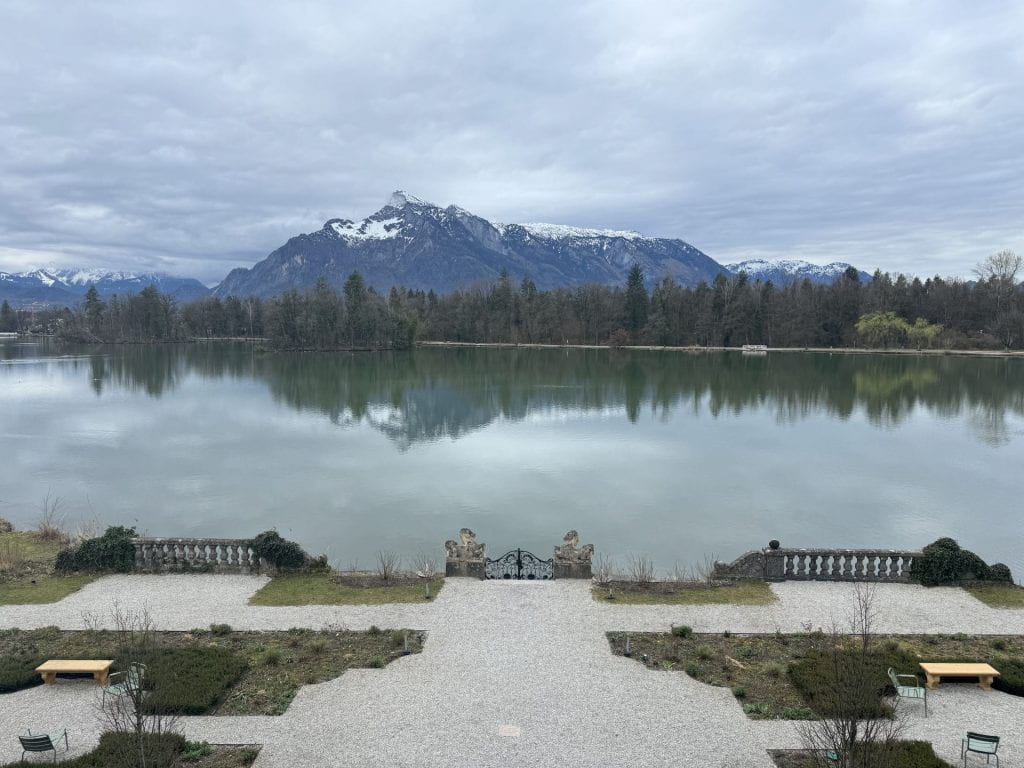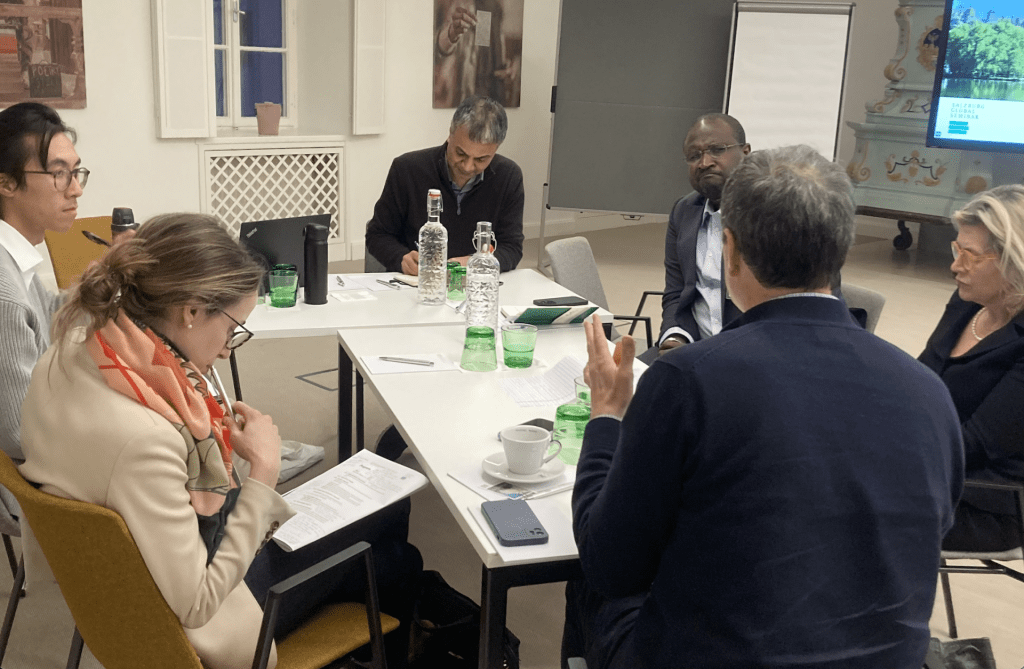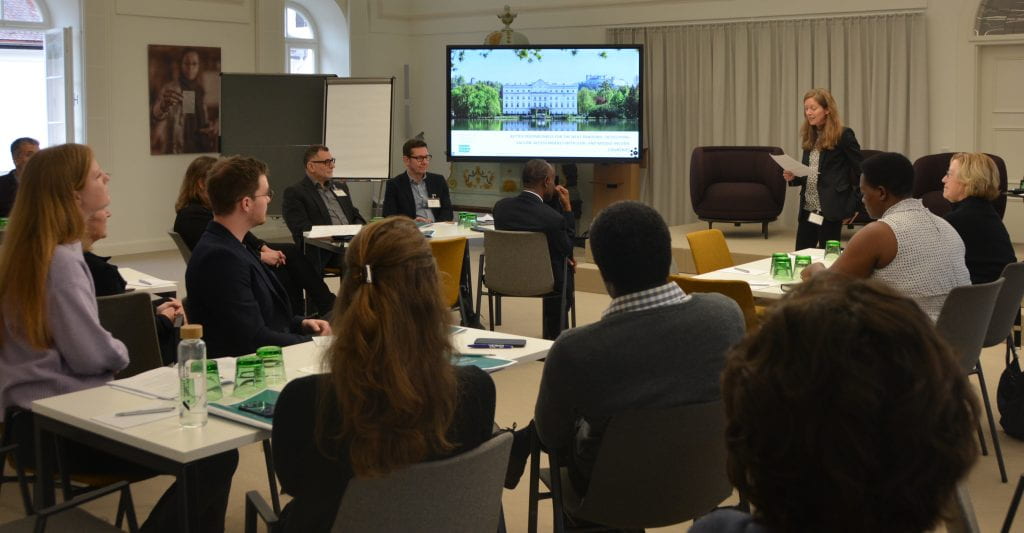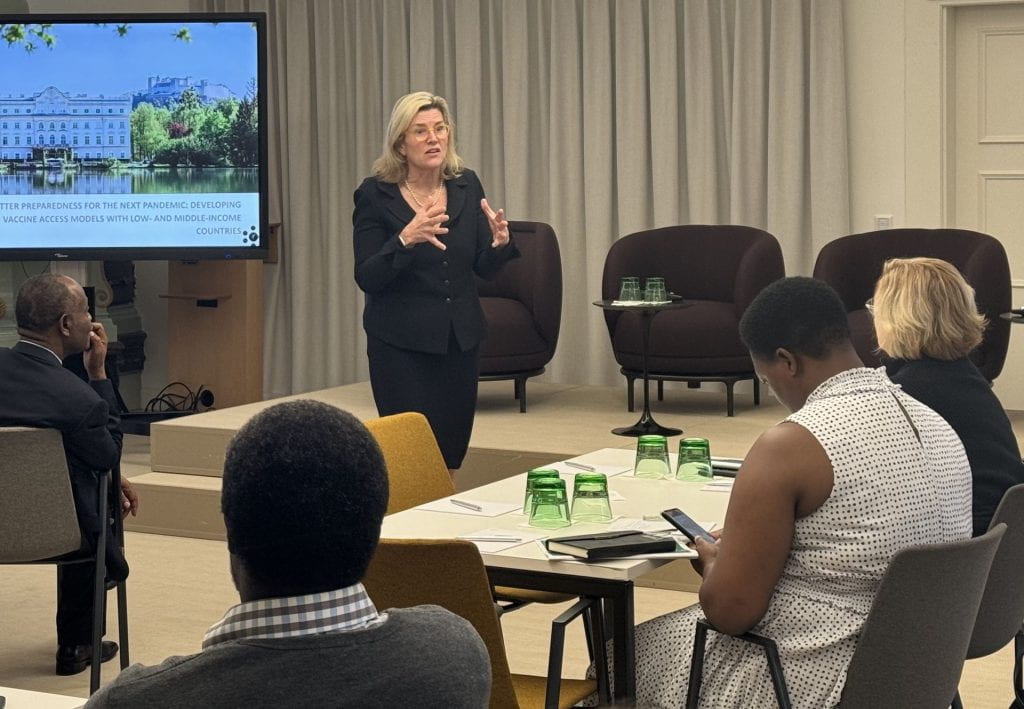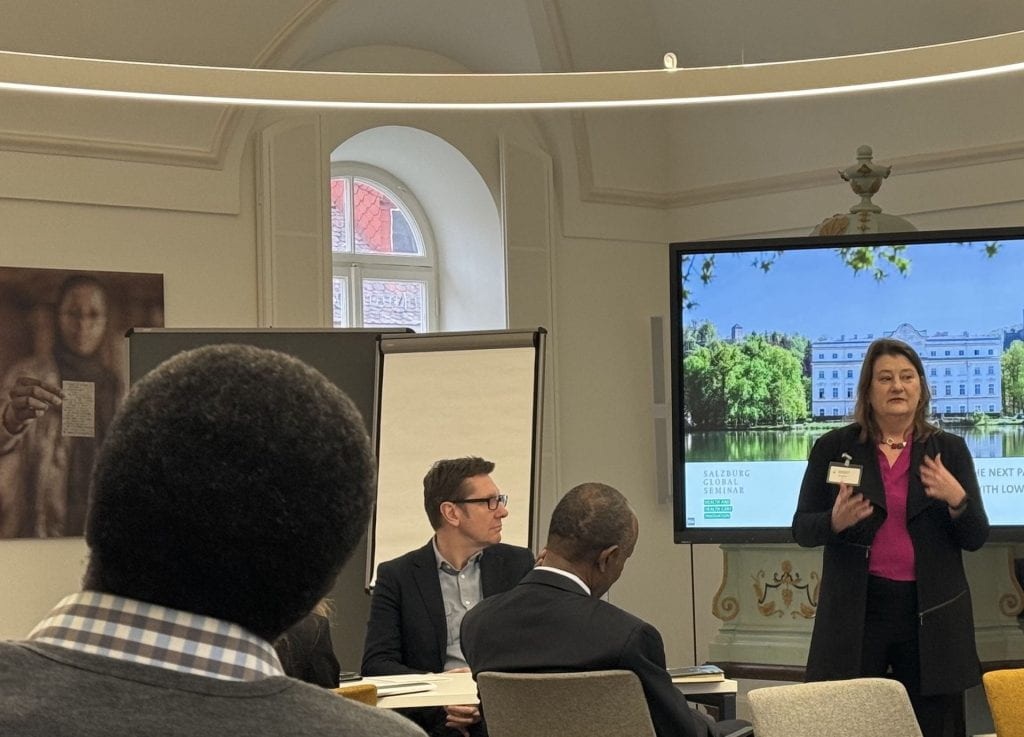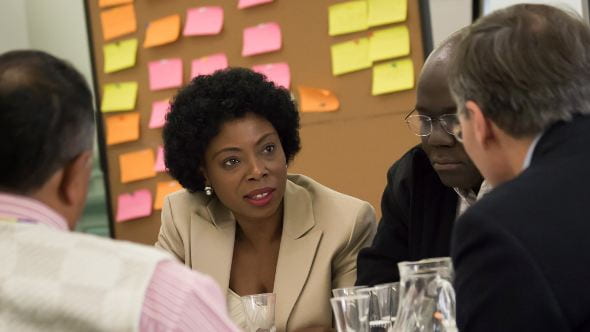By Anaïse Boucher-Browning ‘22 and Manasi Singh ‘24
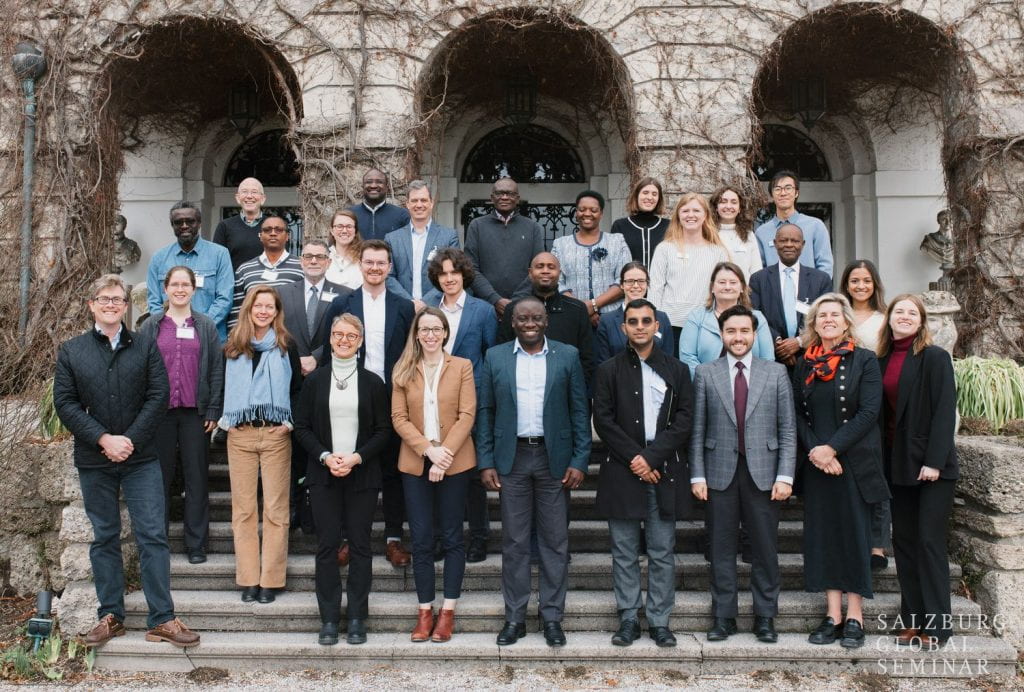
Although our seminar officially concluded today after an insightful week of critical conversations, the work being done here has just begun. Each of us is committed to carrying forward the ideas and action points we've cultivated this week into our respective spheres within government, nonprofit, private sector, academia and multilateral organizations. We've pinpointed forthcoming forums and conferences as platforms to disseminate the insights gained during this intensive week. Furthermore, we will sustain the collaborative efforts initiated here in Salzburg, dedicating ourselves to refining the frameworks and solutions we've collectively drafted.
We kicked off our day by conducting a comprehensive review of the key themes that have surfaced throughout the week. Subsequently, we divided into three groups to delve into the specifics of how to present each subtopic, ensuring a thorough and cohesive approach to our discussions.
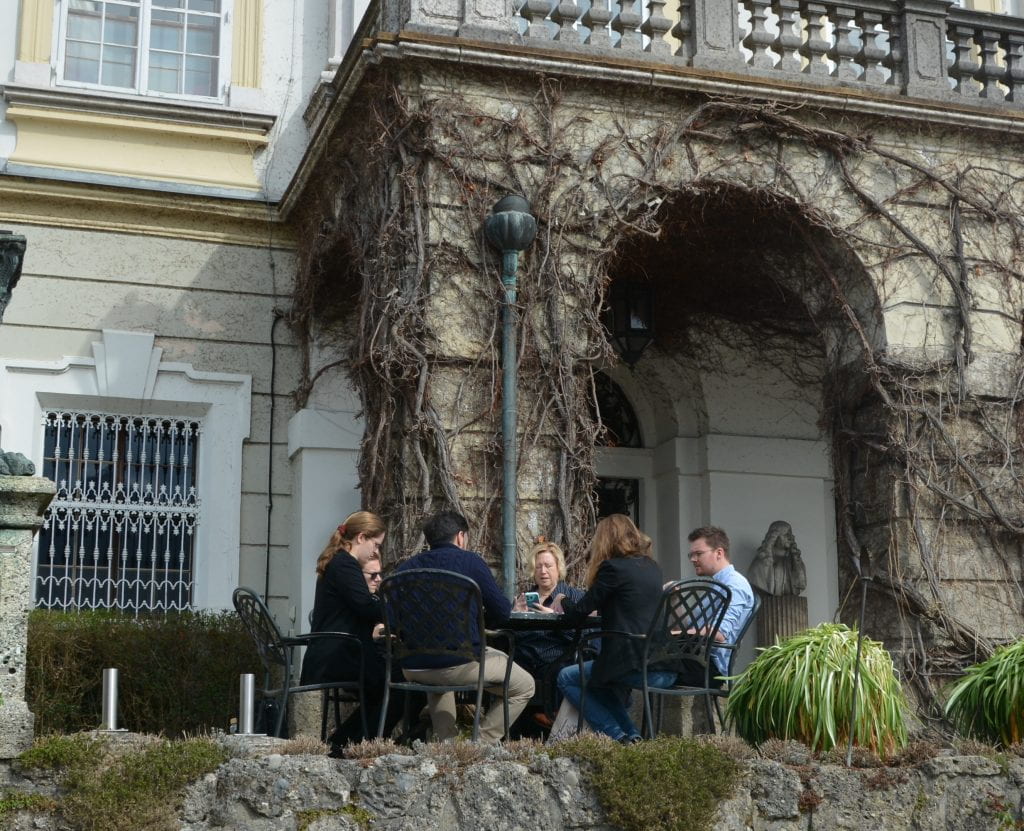
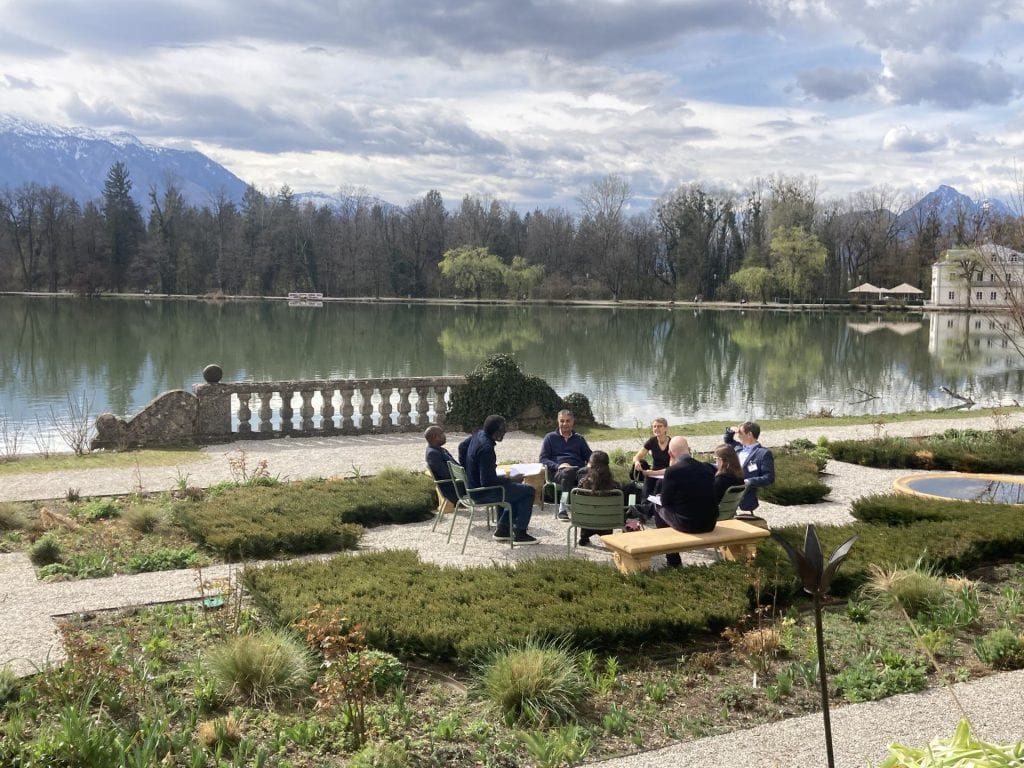
Groups working outside while enjoying the view!
As expected, summarizing the extensive lessons we've learned into concise headlines proved challenging. Our discussions spanned various facets of the vaccine access chain, disease outbreak scenarios, and involvement of national, regional, and international actors, revealing the absence of a universal solution. Consequently, we opted to customize our approach for different audiences, identifying which recommendations to share with which colleagues and partners. We singled out key areas of focus developed this week and pledged to refine these transformative suggestions in collaboration with additional partners who couldn't be present in Salzburg.
Above all, we've invested numerous hours in forging genuine connections and fostering friendships throughout this journey. This week, conversations didn't stop when work hours did. Over meals or while playing an intense game of ping-pong, we found ourselves learning more about each other. It's rare to have such a collaborative workspace as we've had this week. We're grateful for this time together and will nurture the relationships we've built. The Dickey Center at Dartmouth and Salzburg Global Seminar will continue facilitating these ongoing collaborations among the fellows.
